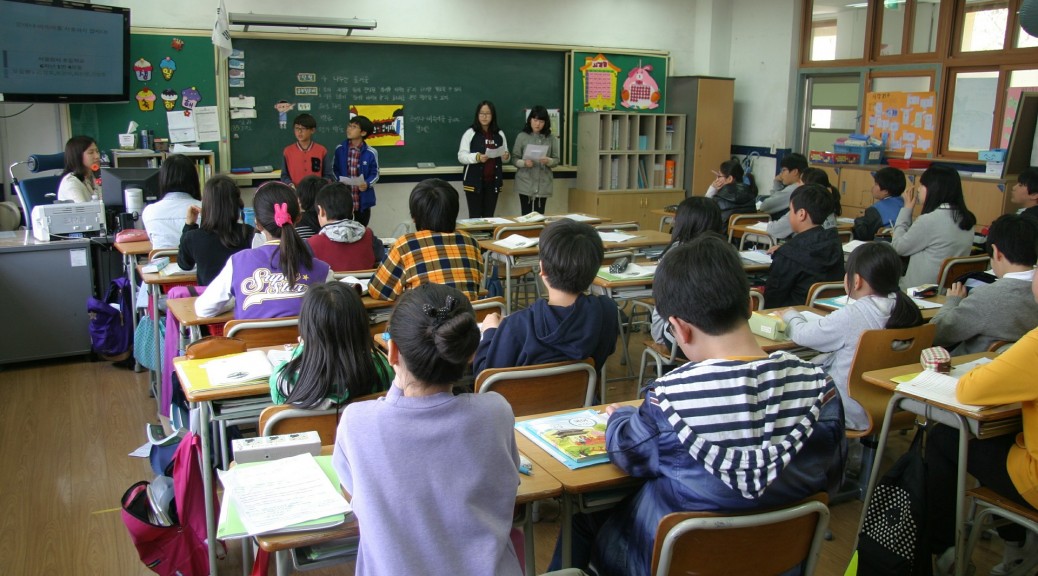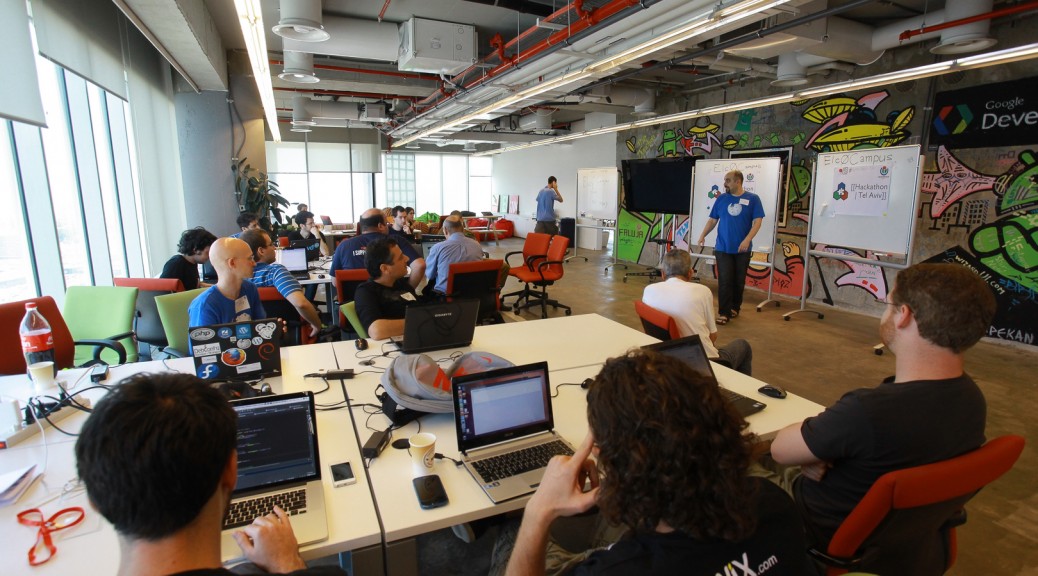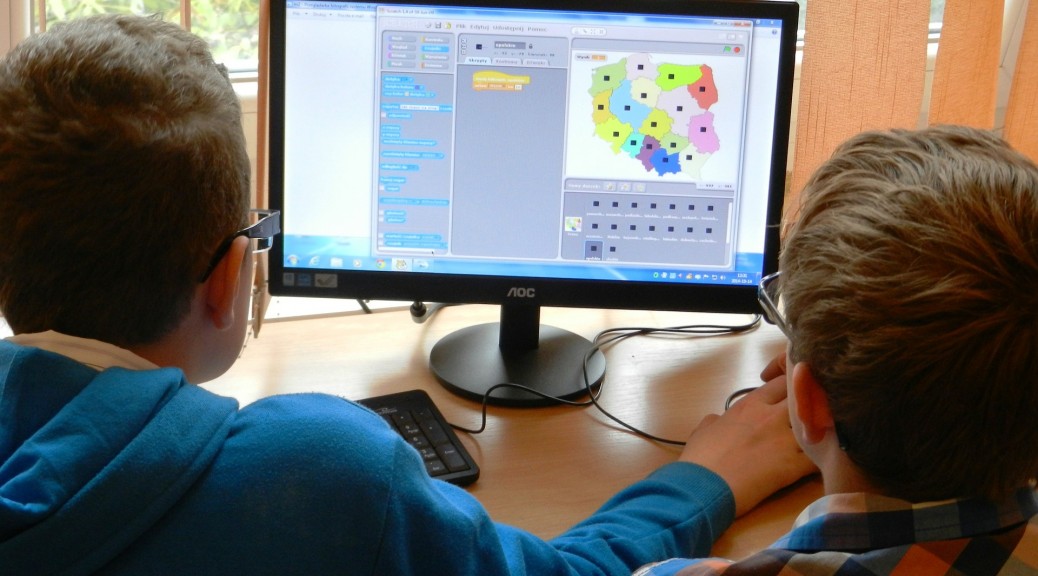While we encourage children to code to expand their opportunities and explore the fun of programming, we also have to keep in mind that their is a global competition of sorts to be at the top of the coding mountain. Sometimes it’s important to take a look at your competition. Consider a recent article for the Huffington Post titled “Inside A Chinese Coding Boot Camp.”
Matt Sheehan of the Huffington Post writes, “In this fluorescent-lit classroom in northwest Beijing, a bespectacled Chinese man who calls himself Shrek is doing his part to haul China’s economy into the 21st century. He is the founder of a coding boot camp and online education platform that trains thousands of young Chinese to program Apple Watches, maintain Oracle databases and build Android apps — the very skills that China’s leaders hope will vault the country toward a high-income economy. The country’s traditional sources of growth, cheap exports and massive infrastructure spending, are sputtering — and economists warn that if China doesn’t move up the value chain, it could fall into the notorious ‘middle-income trap.’ Transitioning away from these mainstays of economic growth will be wrenching for China’s industrial rustbelt, but Chinese leaders are banking on ‘mass innovation’ to pick up the slack. China’s Premier Li Keqiang has spent two years exhorting the country’s youth toward ‘mass entrepreneurship,’ frequently rhapsodizing on the power of innovation to provide high-paying tech jobs and to upgrade traditional industries. Government-orchestrated mass mobilizations are part of the Maoist DNA of modern China. But how can an education system that rewards rote memorization and a government that prizes stability above all else train a new generation of innovative coders intent on disruption? That’s where Shrek comes in. (His real name is Qie Xiaoye. He chose ‘Shrek’ because his wife’s English name is Fiona and his personality matches the gentle green ogre.)”
When it comes to customized coding education, you can’t go wrong with CodeRev Kids. At CodeRev Kids, our lessons focus on computational thinking, which encompasses a wide variety of programming languages and concepts.
Our lessons build upon one another and we adjust starting points to each student’s level of expertise. Thus, the entire curriculum is customized. We are known for saying we are the most educational tech camp out there, but we also keep the focus on having fun. As a result, students stay engaged while learning to blend creativity with technology.









